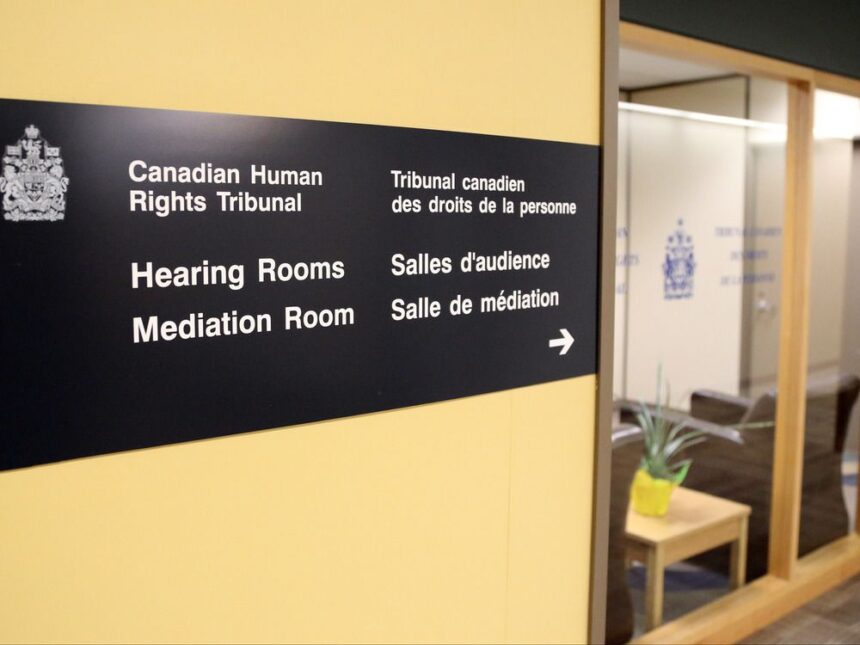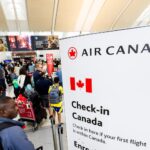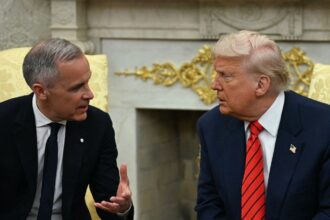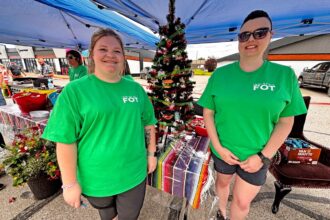In a significant setback for reconciliation efforts, negotiations between the federal government and the Assembly of First Nations (AFN) over Indigenous child welfare reform have reached a troubling impasse. Ottawa officials revealed this week that talks have effectively stalled, citing what they describe as “unreasonable requests” from the AFN leadership that they claim go beyond the scope of the original mandate.
The negotiations, which began following a historic 2016 Canadian Human Rights Tribunal ruling that found the federal government discriminated against First Nations children in its delivery of child welfare services, were intended to establish a new framework that would address longstanding inequities in the system.
“We entered these discussions with genuine commitment to transformative change,” said Indigenous Services Minister Patty Hajdu in a statement obtained by CO24 News. “However, we cannot proceed when core demands fall outside our constitutional authority or established fiscal frameworks.”
The AFN leadership has pushed back forcefully against this characterization, with National Chief Cindy Woodhouse Nepinak arguing that the government is “retreating from its obligations to First Nations children.” In a press conference yesterday, she emphasized that the AFN’s proposals reflect the minimum requirements needed to address generations of harm caused by colonial child welfare policies.
“This isn’t about unreasonable demands—it’s about ending a system that continues to separate Indigenous children from their families, communities, and cultures at disproportionate rates,” Nepinak stated. “The trauma inflicted by these policies ripples through generations.”
At the heart of the dispute are competing visions of what meaningful reform entails. The government maintains that the AFN’s requests for expanded jurisdiction and substantial increases in funding exceed what was initially agreed upon. Meanwhile, First Nations advocates insist that superficial changes to the existing system will fail to address the root causes of the crisis.
According to data from Canada News, Indigenous children represent just 7.7% of the child population but account for over 52% of children in foster care—a disparity that experts attribute to systemic racism, intergenerational trauma from residential schools, and chronic underfunding of prevention services.
The breakdown comes despite the 2019 passage of Bill C-92, legislation that affirmed First Nations’ inherent right to exercise jurisdiction over child and family services. Implementation of this law has faced numerous obstacles, including provincial resistance and insufficient resources for communities seeking to develop their own child welfare systems.
Legal experts observing the negotiations suggest that the impasse reflects deeper tensions in Canadian politics around reconciliation and Indigenous sovereignty.
“The government wants to retain ultimate control while appearing to devolve authority,” explains Dr. Pamela Palmater, Chair in Indigenous Governance at Toronto Metropolitan University. “But meaningful reform requires a fundamental shift in power relationships, not just incremental adjustments to a broken system.”
For thousands of Indigenous families across Canada, the stakes of these negotiations could not be higher. The child welfare system has been described by many Indigenous leaders as a modern continuation of residential schools and the Sixties Scoop—policies explicitly designed to separate Indigenous children from their communities and cultures.
Economic analyses published in CO24 Business indicate that investing in preventative, culturally-appropriate child welfare services would not only reduce family separations but potentially save billions in long-term social service costs. International examples from countries like New Zealand, which has implemented Indigenous-led child welfare approaches, demonstrate improved outcomes for children while reducing system involvement.
As both sides retreat to consider their positions, advocates worry that the true victims of this stalemate will be the children and families caught in a system widely acknowledged as harmful. First Nations child welfare advocate Cindy Blackstock, whose organization initiated the human rights complaint that sparked these reforms, has called for renewed commitment from all parties.
“This isn’t a political game—it’s about children’s lives,” Blackstock emphasized in a recent interview. “Every day of delay means more families unnecessarily separated, more cultural connections severed.”
As this deadlock unfolds against the backdrop of Canada’s broader reconciliation efforts, we must ask ourselves: can meaningful healing occur when fundamental disagreements persist about who should hold power over the welfare of Indigenous children? The answer may determine whether Canada’s stated commitment to reconciliation represents genuine transformation or merely aspirational rhetoric.

























